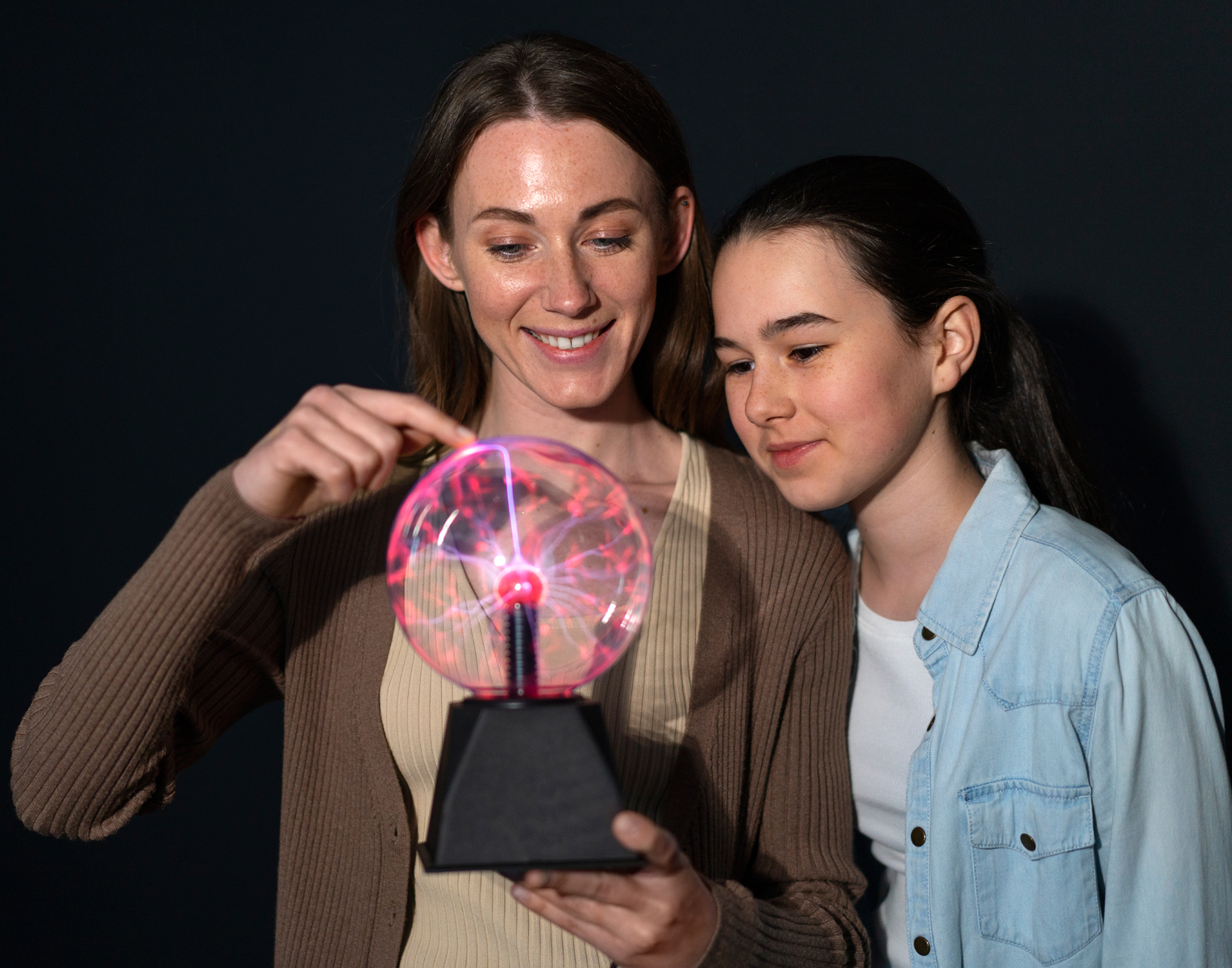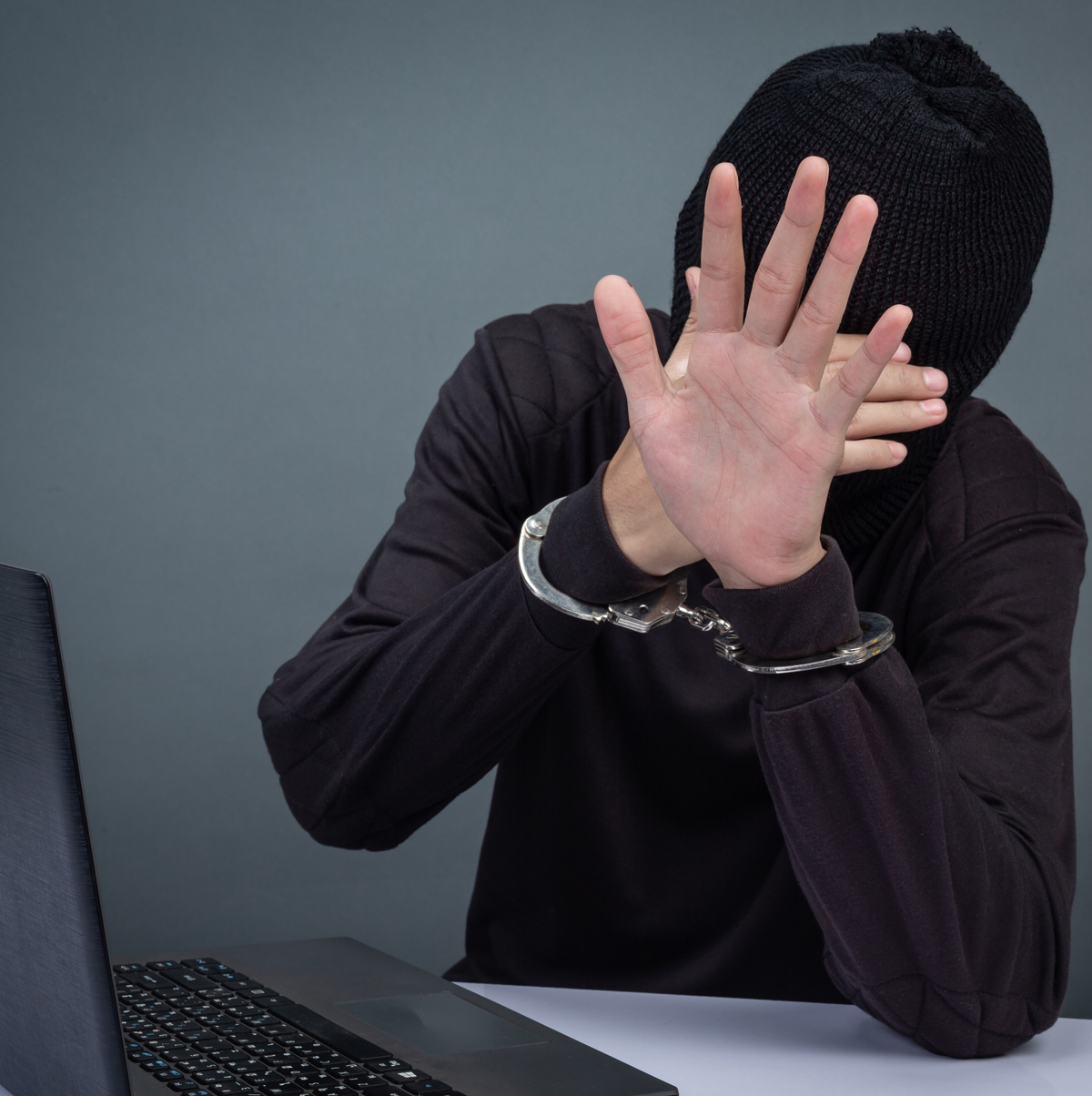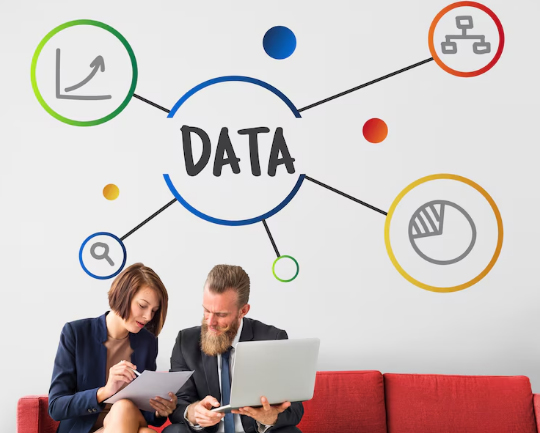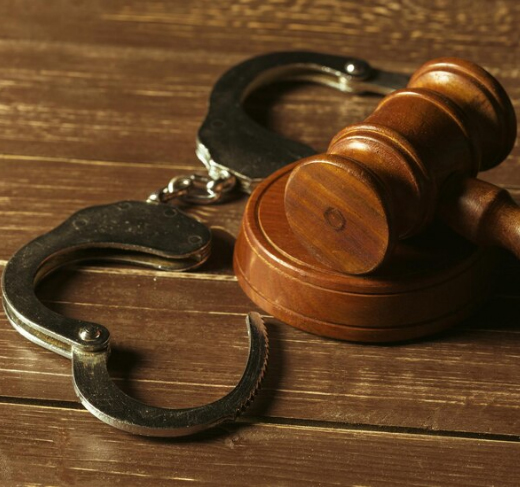In October 2022, Neora emerged victorious after a seven-year legal battle against the FTC regarding pyramid scheme charges. This victory was significant against unjust persecutions of multi-level marketing (MLM) companies based on ambiguous laws and standards. The lawsuit, initiated by Jeff Olsen in 2019, was a stand against attempts to abolish or criminalize MLM. It highlighted the absence of a federal law to define “pyramid schemes” and argued that efforts to change federal law and override state law were unconstitutional. The central argument was that MLM companies could not be expected to comply with non-existent laws and vague “guidance.”
The Neora lawsuit was timely as it coincided with a DOJ criminal indictment against I2G owners and distributors for the same allegations. Like Neora, Infinity Two Global was accused of having a 97% loss rate and a 90% focus on recruiting, which included “recruitment-focused” binary, matching, and leadership bonuses. The main difference was that a criminal conviction for the same allegations could result in
up to 20 years in prison.
If not overturned, the alarming precedent puts every mlm participant at significant risk of future criminal prosecutions.

Neora Verse I2G
Key differences separate the trials’ fundamental fairness. Unlike with Neora, i2G defendants were denied their pyramid scheme expert. Without an expert to rebutwhat the Neora Court concluded were “rigid theoretical assumptions” not “borne out in reality,” the i2G defendants had no way to prevail.
Unlike with I2G, The Neora Court stated that “it cannot be simply assumed that the 70 percent of Neora Brand Partners who never made a sale or earned a commission are disappointed victims of an illegal pyramid scheme simply because they never made a sale, recruited another Brand Partner, or earned a commission.” Thesestatistical representations would make every MLM companya pyramid scheme.
I2G Products Were Related to Rewards
Infinity Two Global launched in 2013 and operated seven online digital platforms with a “consumption model” that included social media, digital music, online games, fantasy sports, travel, sports betting, and an overseas online casino. The owner, Maike, spent over $800,000 to acquire and develop two technology products.
The Songstagram Technology was later sold to bBooth and used to record music videos for American Idol contestants. NFusz, a publicly traded company, then acquired it. The i2G Touch had advanced Zoom capabilities predating Zoom and a walk-out technology that predated today’s AI technology. The Fantasy Sports platform competed with FanDuel. Sports betting is now legal in dozens of states. The i2G online games platform still thrives today. MLM companies use the same travel discount platform today. The products had real value.
The Koskot standard, which cleared Neora, was not applied to I2G. More than 2,300 casino customer transactions, totaling over $1.2 million, accrued BV, were paid through the i2G pay plan, and $360,000 in fantasy sports customer transactions. These were tracked via API feed and paid through the i2G pay plan. There is no question that the product waslinked to rewards. Therefore, i2G was not a pyramid scheme.
Koskot Standards that Cleared Neora was denied to I2G Defendants.
Additionally, the I2G Court provided a vague definition of a “pyramid scheme,” which could apply to any MLM. The definition judged the “structure” and the “motivations” of participants. In contrast, the Neora Court declined to assume the participants’ motivations.

Unknowing Participation in a Pyramid Scheme a Fraud Offense
The prosecution argued that if they proved a pyramid scheme and the defendants “knowingly participated,” they met their burden. This misrepresented their burden to prove criminal intent. The Court recognized the error but failed to correct or strike it. By that standard, any I2G, Herbalife, Advocare, or Vemma distributors could have faced criminal indictments and possible imprisonment.
“Internal Consumption” as Illegitimate
The government portrayed “retail sales” to the public as the only legitimate product sales, with internal consumption considered illegitimate. The defendants were not allowedto challenge this incorrect legal theorythrough an expert of their own orjury instructions.
The Neora Court, in contrast, recognized “internal consumption” as the legal standard. Support for this is found in the 2022 DSA Amicus brief, FTC guidance in 2006 and 2018, and Congressional language in the failed 2017 and 2018 Anti-pyramid Acts.
Distorted Legal Theories Put All MLM
Distributors at Risk!
The i2G case was based on distorted “legal theories” that i2G promoters (distributors) were co-conspirators regardless of criminal intent. In contrast to Neora’s opinion, distributors who didn’t recruit or simply purchased products for personal use were victims of a pyramid scheme.
I2G was accused of being a pyramid scheme because it relied on endless recruitment despite the government arguing that no recruitment was required.The government’s evidence contradicted its arguments. Through multiple witnesses and exhibits, it proved that “Rewards” (commissions) were earned by bringing customers to purchase i2G products. Casino transactions accrued 25% BV, which was paid into the i2G plan. Unfortunately, the jury was denied the Koskot standards to judge the evidence properly.
Fraud Upon the Court: The Government Manipulated Data and Relied on False Evidence
The prosecutors deceived the court by claiming that Reynolds claimed exculpatory commission data was unreliable. However, Reynolds never made such a statement. New data was created two weeks before the trial to exclude $32 million in commission gains. This deliberate omission from the gain-loss representations significantly labeled I2g as a pyramid scheme with a 97% loss rate. Reynolds’ affidavit confirmed that the original data was accurate, contradicting the government’s claims and allegations of losses. The data further proved that it was“fully known” that all funds were accounted for and not “hidden in foreign bank accounts,” as they implied.
The Government Knew Its Data Belonged to a
Separate Company,
XTG1, and Other Data Aberrations
The government knowingly presented data from a separate company, XtG1, as belonging to I2G, even though I2G was already closed. When asked by the Court about the significance of an Xtg1 enrollment after the indictment timeline, the government argued that it still showed how I2G operated, even though their witness, Reynold, testified that I2G had stopped operating eight months earlier.

Misused of Key Witness Anzalone’s Guilty Plea as proof of Hosseinipour’s Guilt despite exculpating Hosseinipour
The guilty“cooperation plea deal” by the key witness, Anzalone, was misused as evidence against Hosseinipour. Despite his agreement, Anzalone attested to Hosseinipour’s honesty, loyalty, intelligence, and motivation to help others. He emphasized that she would not intentionally mislead or deceive and firmly believed in the company, product, and legal team. He affirmed that Hosseinipour focused on customers and made efforts to offer customer-driven plans to I2G. Dugger and Logan also made similar positive remarks about Hosseinipour. No distributor witnessspoke negatively of Hosseinipour or claimed she lied or misled anyone. Even the Court considered Hosseinipour an “exuberant cheerleader” who “helped everyone.” It expressed the belief that she was “duped.”
No reasonable jury could have convicted Hosseinipour beyond a reasonable doubt without aninstructionthrough Anzalone’s plea that criminal intent was not required.
Misusing Anzalone’s guilty plea to prove Hosseinipour’s guilt despite his insistence that he never had criminal intent suggested that criminal intent was not required. Anzalone explained that his “great attorney” explained the law to him. The implication was that the legal explanation deemed him guilty without the requirement of criminal intent.
The Constitution prohibits broad entrapments through vague laws that prevent knowledge of criminal acts.

Trust in the Prosecution, The Court Instructed to Convict
The court repeatedly expressed its trust in the prosecution, allowing for significant latitude with hearsay, non-relevant, and prejudicial evidence. The court stated that it was “relying on the United States and their good faith, as it regularly worked with these “fine attorneys” who had “excellent credibility.” Unfortunately, this led to a critical error that impacted the jury deliberations.
In criminal trials, the Court cannot comment on the defendant’s guilt or instruct the jury to convict. However, in this case, the court did just that. It referred to non-testifying distributors as “victim investors” and described their alleged purchases as “securities” in both oral statements and written instructions. When it affirmed that a “security” purchase” by a “victim investor” occurred within the statute of limitations, the jury was instructed to convict.
Antipathy for MLM
The negative perception of multi-level marketing (MLM) significantly impacted the defendants in the I2G case. Jeff Olsen’s lawsuit brought attention to the general aversion to MLM. Distributors are trained to expect the standard objection, “Isn’t that one of those “pyramid schemes.” Therefore, it’s unsurprising that a non-MLM jury could view I2G as a “pyramid scheme” when it is referred to as such hundreds of times. Even the Court shared the belief that MLMs are essentially “get-rich-quick schemes,” where early promoters profit at the expense of those who join later.
Appeal Arguments Must Overturn this Alarming Precedent
This critical fight impacts the futures of every MLM participant. Ifconvictions for “participating in an alleged pyramid scheme” without the need for criminal intent become precedent, your future in mlm will never be safe. Distributors must feel safe building a legal business without fear of prosecution. This could also happen to you.
Kenyon Meyer is a Criminal Defense attorney at Dinsmore and Schohlspecializing in federal cases and has a vast understanding of mlm, regulatory and appellate issues.
The convictions have taken asubstantialfinancial and emotional toll on the lives of the I2G participants.
Barnes, 75, an alleged 10% owner, is a church leader, husband, father, and grandfather. He has been imprisoned in critical health with pulmonary fibrosis, diabetes, and heart failure. His wife and daughter,withessential issues of health, are suffering without his support.
Hosseinipour joined I2G along with 20,000 others with “good intent, ” as conceded by the prosecution. Numerous distributors and the I2G attorney, Koerner, attested her honesty, integrity, and good intentions. After suffering eight months in prison, the Appeal Court released her pending appeal, acknowledging significant legal issues raised by Meyer.

Удобни и стилни екипи за активно ежедневие и почивка
спортни дамски екипи https://www.sportni-komplekti.com/ .